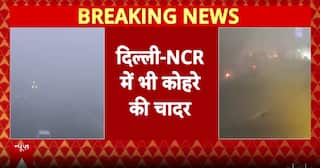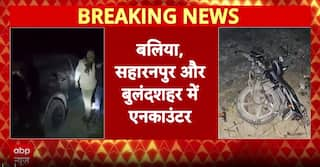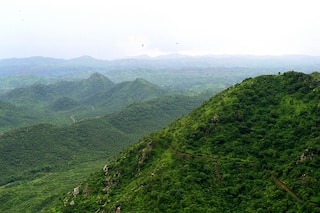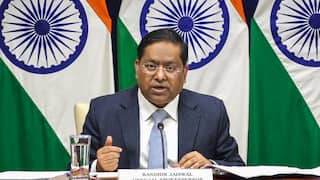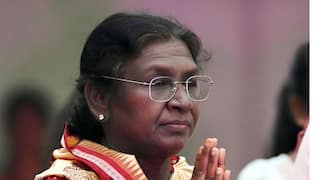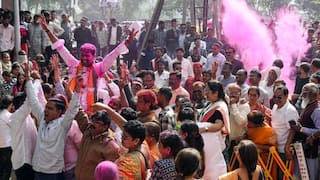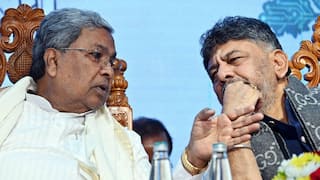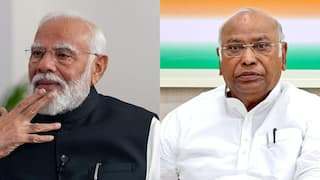OPINION: The Real Reasons Why Sheikh Hasina's Govt Fell In Bangladesh, And What It Means For India

After a prolonged period of intense violence, Prime Minister Sheikh Hasina not only had to resign from her post but also flee Bangladesh. The country had been witnessing wodespread protests by student over a job quota order.
But was the reservation issue the sole factor behind the unrest?
No, it was merely an excuse.
Sheikh Hasina made some mistakes, but she was not the only one to blame. Efforts by America and other powers to destabilize her government cannot be denied, revealing the double standards of America. The true intentions of these foreign powers in Bangladesh remain unclear. Sheikh Hasina had effectively kept Islamic extremists in check, while the forces the US appears to be supporting, such as Jamaat-e-Islami and BNP, are associated with Islamic extremism.
Like Father, Like Daughter
The political landscape in Bangladesh had left no space for opposition parties, reminiscent of what Sheikh Hasina's father, Sheikh Mujibur Rahman, did 50 years ago by establishing a single-party regime. This led to significant agitation and a strong reaction from the people. Sheikh Mujibur Rahman was assassinated on August 15, 1975, just four years after a movement led by him eventually resulted in the creation of Bangladesh, albeit with help from India.
Sheikh Hasina had completed three terms in power, and had just won a fourth term earlier this year, amidst considerable controversy surrounding the election. Not leaving any space for the opposition or providing them with a level-playing field was a significant shortcoming.
In India too, there were speculations that the Narendra Modi government would return to power with 350-400 seats — which would have meant a brute majority in the 543-seat Lok Sabha. However, no irregularities were reported in the elections. People decided who they would vote for, and everyone accepted the outcome.
If you bottle up people's voices, it will eventually explode. This is exactly what happened in Bangladesh.
ALSO READ ON ABP LIVE | 'Bangladesh Runs Risk Of Becoming Pakistan': Sheikh Hasina's Son's Warning Amid Turmoil
People's Anger Didn't Just Erupt Out Of Nowhere
It often happens that once leaders ascend to power, they become disconnected from ground-level disturbances and voices. This was a major failure for Sheikh Hasina as well.
When societal upheaval occurs, it can topple a government. If there is a boiling point within society, an outlet must be provided; otherwise, the pressure will eventually cause an explosion.
In Bangladesh, this boiling point erupted severely, making it difficult for Sheikh Hasina to remain in power. She attempted to control the disturbances, but they escalated into a revolution.
The demand to end reservations acted as a trigger but cannot be seen as the sole reason for the violence. It served as a catalyst that brought other underlying issues to the forefront.
We observed a similar pattern during the Arab Spring. A boiling point had been building within Arab society worldwide, with no resolution in sight due to pervasive dictatorships.
The devastation caused by the Arab Spring left many countries struggling to recover even after more than a decade. Libya, Tunisia, Syria, and Egypt are prime examples.
It all began with a Tunisian street vendor setting himself on fire after being harassed by officials. But this incident was only a trigger, not the core issue.
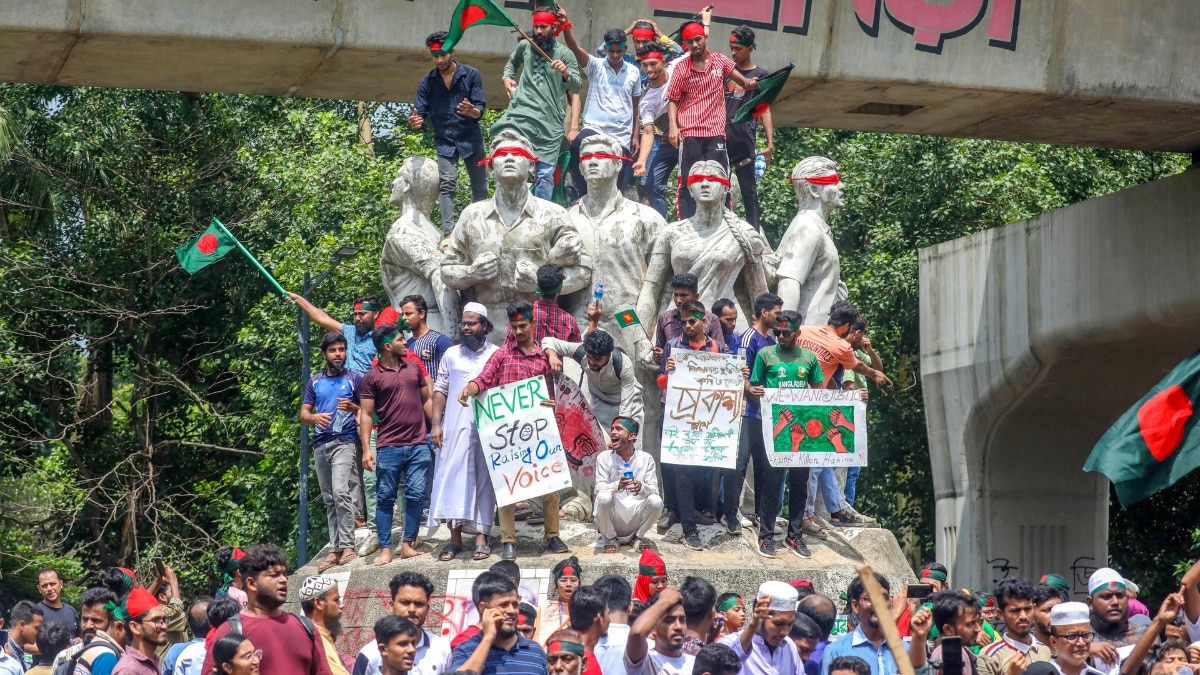
In Bangladesh too, the reservation issue was significant, as the protestors had no access to government jobs, which are limited. However, the anger against Sheikh Hasina cannot be attributed to reservation alone.
Factors such as Islamic extremism, the machinations of her opponents, and foreign powers like the US all played a role. When the administration fails to address these issues and the ruling side's politics is incapable of managing them, the outcome is what we are witnessing.
The future of Bangladesh appears grim, with political instability likely for some time. The country is already grappling with economic difficulties and is under an IMF loan program.
Bangladesh's primary industry is textiles. In the current scenario, instability will disrupt exports, leading to increased unemployment, halted investments, and canceled contracts. Business cannot thrive in such an environment. It remains to be seen what kind of a new government is formed — whether a caretaker government or military rule.
Will there be fresh elections? If so, what kind of government will come to power and what will be its policies? These questions are on everyone's minds.
ALSO READ ON ABP LIVE | 'All Murders Will Be Investigated': Key Points From Bangladesh Army Chief's Address After Hasina Resignation
What This Bangladesh Situation Means For India
Bangladesh is poised to face significant economic and political challenges, which do not bode well for India. The nature of future diplomatic relations between India and Bangladesh remains uncertain.
India is already managing two contentious fronts—with Pakistan and China. Any tension with Bangladesh will effectively open a third front.
Sheikh Hasina's administration had maintained amicable relations with India. Moving forward, the Indian government must tread carefully to avoid steps that could create instability within its borders.
The situation is deteriorating not only along our borders but globally as well. India's primary challenge now extends beyond job creation or achieving a $5 trillion economy; it is about ensuring the safety and security of the country and its citizens.
In this context, the government's most pressing task over the next four to five years will be to maintain internal stability and security. If this can be managed, other positive developments will follow.
Stability will attract jobs, investments, and economic growth. However, if India experiences internal instability, is affected by global instability, or becomes embroiled in conflicts that strain its economy, aspirations for economic prosperity will falter.
Sushant Sareen is a defence analyst and Senior Fellow at the Observer Research Foundation. This article first appeared in Hindi on ABP Live.
[Disclaimer: The opinions, beliefs, and views expressed by the various authors and forum participants on this website are personal and do not reflect the opinions, beliefs, and views of ABP News Network Pvt Ltd.]










